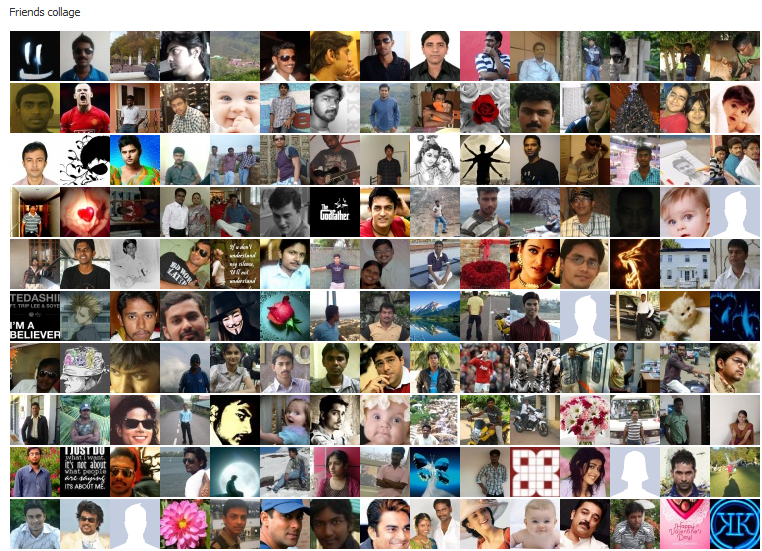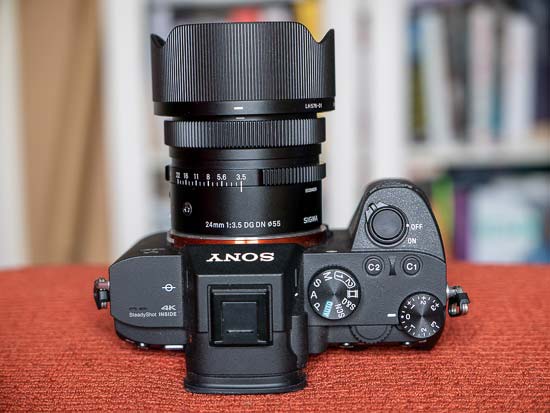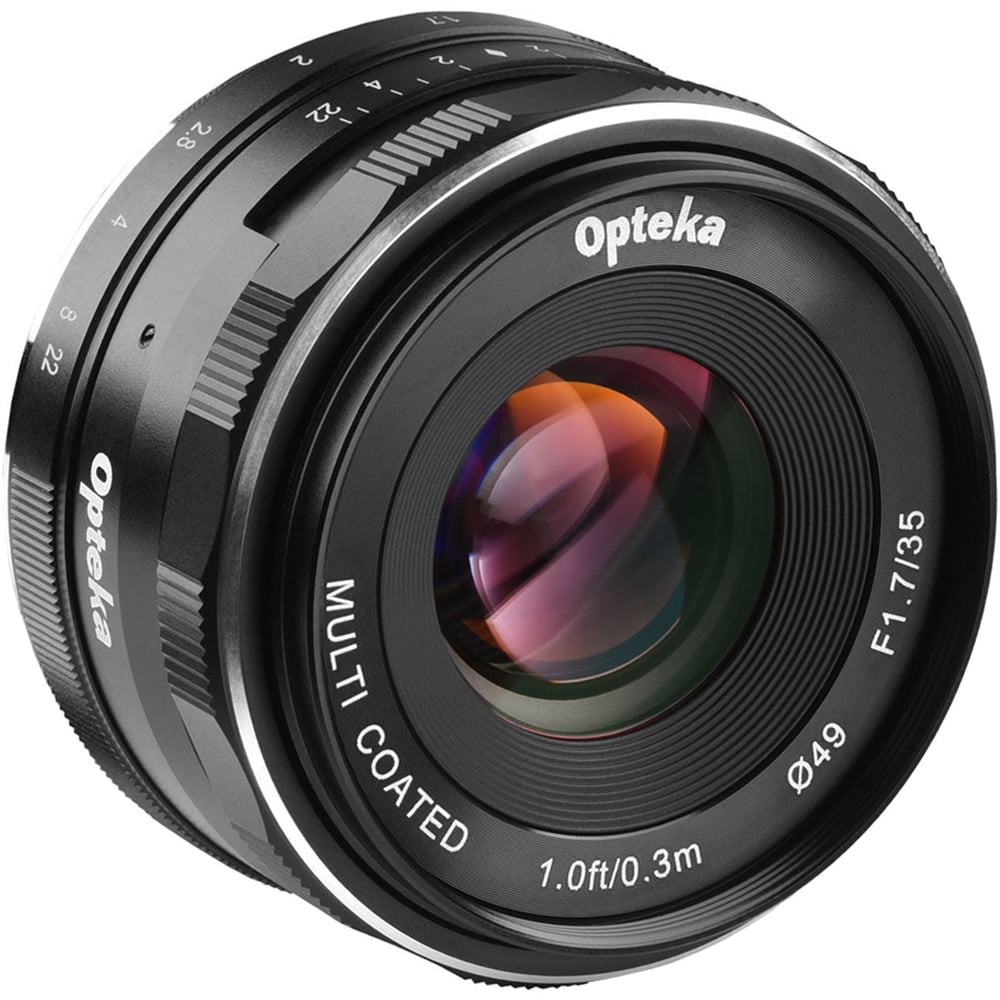Is it illegal to take pictures of someone
Is it Illegal to Take Pictures of People Without Their Permission?
Reviewed by: Michelle Seidel, B.Sc., LL.B., MBA
December 12, 2018
By: Teo Spengler, J.D.
••• g-stockstudio/iStock/GettyImages
Everybody's a photographer these days. All it takes is a smartphone, and never in the history of the country have more people been snapping shots of themselves, others, and, occasionally, scenery. So how does it fall out legally when you take pictures of people without their permission? It largely depends on where they are when you push the photo button.
Public Areas Are Fair Game
Is it illegal to take a picture of someone without permission? Generally, you can take any photos you want of people when they are in a public location, like a park, a beach or a city square. It's perfectly legal since they have elected to place themselves in a public location and have no reasonable expectation of privacy. If you snap a hundred pictures of people at a political rally, a marathon or a rock concert in the park, all is well and good.
People in public places have no reasonable expectation of privacy, including where they go, who they go with and what they do while there. For example, if you photograph a couple kissing on the beach and publish the photo in the newspaper, they cannot complain. They have no claim against you even if one of the two happens to be married to someone else and the marriage ends because of the photo.
Likewise, if you take photos of someone shooting up drugs, wearing a bathing suit three sizes too small, falling down drunk or smacking their baby, you are within your rights. The exception is when the person being photographed is in some particular part of the public space where he has a reasonable expectation of privacy.
Privacy Expectations
In some places, even though they are public, most people expect to have privacy. If these expectations are deemed reasonable by the courts, you cannot photograph other people in these spots. People have been found to have reasonable expectations of privacy in places like public bathrooms, changing lockers at the pool and fitting rooms at clothing stores.
And people almost always have a reasonable expectation of privacy when they are at home with their families. That means that you can't take pictures of people inside their own home without their permission. The rule applies even if you are standing on a public sidewalk looking through a window and using a telephoto lens. This kind of photo violates their rights.
Private Property Depends on Owner
The owner of private property, like a store or theater, controls whether you can take pictures there or not. Ask before you snap. The owner has the right to kick you out if you take pictures without permission and, if you refuse to leave, you can be arrested for trespass. This rule also applies to some businesses one thinks of as owned by the public, like a public library or a government building.
References
- Paule, Camazine and Blumenthal PC: Legal Issues in Photographing People
- Carter Law Firm: When Can Someone Post Photos of You Online?
- Bob Atkins: Photography, the Law and Photographers Rights
- Lawyers.
 com: Child Photography or Videotaping Consent Laws
com: Child Photography or Videotaping Consent Laws
Writer Bio
Teo Spengler earned a J.D. from U.C. Berkeley's Boalt Hall. As an Assistant Attorney General in Juneau, she practiced before the Alaska Supreme Court and the U.S. Supreme Court before opening a plaintiff's personal injury practice in San Francisco. She holds both an M.A. and an M.F.A in creative writing and enjoys writing legal blogs and articles. Her work has appeared in numerous online publications including USA Today, Legal Zoom, eHow Business, Livestrong, SF Gate, Go Banking Rates, Arizona Central, Houston Chronicle, Navy Federal Credit Union, Pearson, Quicken.com, TurboTax.com, and numerous attorney websites. Spengler splits her time between the French Basque Country and Northern California.
Laws About Being Photographed Without Permission
Reviewed by: Michelle Seidel, B.Sc., LL.B., MBA
December 12, 2018
By: Teo Spengler, J.D.
••• Arndt_Vladimir/iStock/GettyImages
To snap or not to snap, that is the question.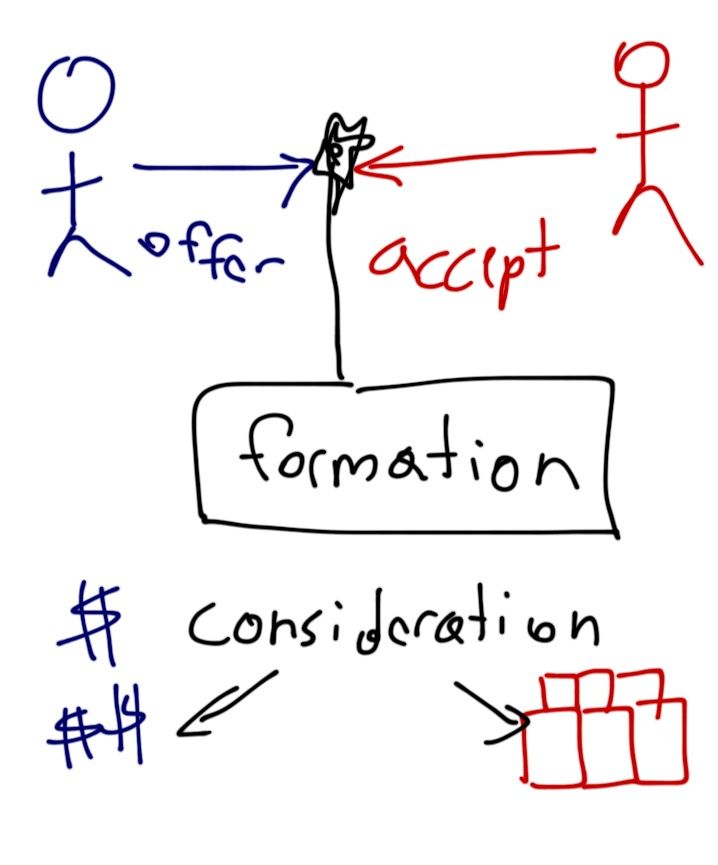 Celebrities and politicians love getting their pictures taken, at least when they are spiffed up and looking good, while ordinary people sometimes don't. If you are a camera buff, or even one of the millions of Americans who carry a smartphone with a camera built in, you may wonder: is it against the law to take pictures of people without their permission?
Celebrities and politicians love getting their pictures taken, at least when they are spiffed up and looking good, while ordinary people sometimes don't. If you are a camera buff, or even one of the millions of Americans who carry a smartphone with a camera built in, you may wonder: is it against the law to take pictures of people without their permission?
Taking Photos in Public
If you stand in a public place, you can usually take a photo of anything you can see. That means in a public park, on a public beach, on a city street or in an outdoor spectacle, like a marathon, you can shoot photos to your heart's content. Take snaps of trees and sidewalks, yes, but go ahead and snap shots of people, too. Be a little careful however if you are using a telephoto lens. Just because your feet are on public land doesn't mean that you can shoot into private property.
Honoring Expectations of Privacy
If a person has a reasonable expectation of privacy in a location, even if it's public, you cannot take photos there.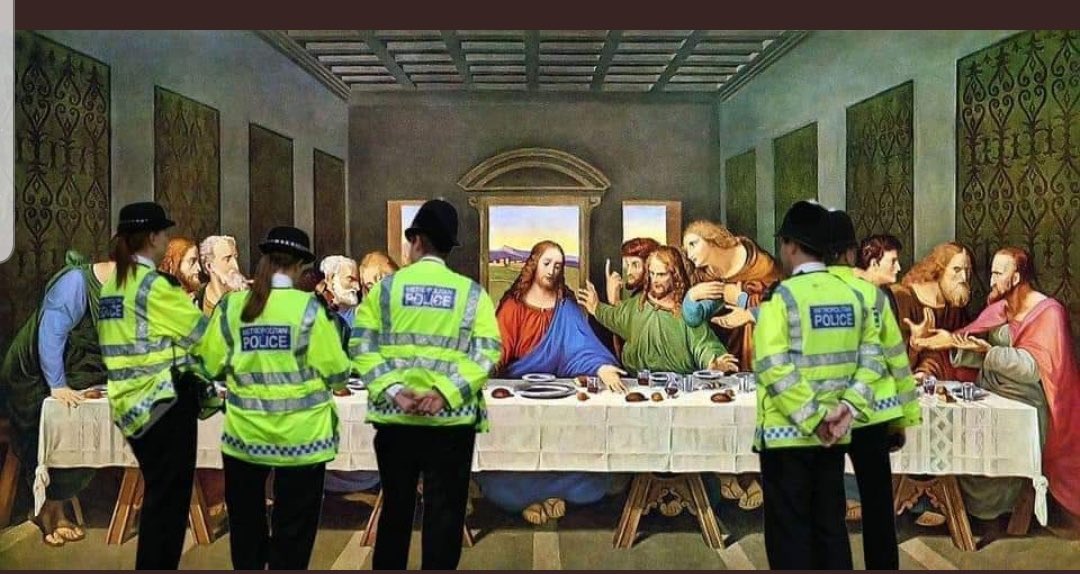 This includes public bathrooms and sports club locker rooms. It certainly includes private homes, including backyards and pool patios. If you take shots in a place where someone has a reasonable expectation of privacy, you are violating his right to privacy, which can get you in trouble criminally and also trigger a civil lawsuit for damages.
This includes public bathrooms and sports club locker rooms. It certainly includes private homes, including backyards and pool patios. If you take shots in a place where someone has a reasonable expectation of privacy, you are violating his right to privacy, which can get you in trouble criminally and also trigger a civil lawsuit for damages.
Under the federal Video Voyeurism Prevention Act, it is a crime to take photos of a person's naked body parts without their permission. The Act makes it illegal to "...intentionally capture an image of a private area of an individual without their consent and knowingly do so under circumstances in which an individual has a reasonable expectation of privacy.”
Snapping Shots on Private Property
Under federal law, you can take photos only if the owner doesn't post restrictions. This includes restaurants, cafes and most businesses, including "businesses" technically belonging to society, like a city museum, a court house or a library. Look for signs or ask someone in charge. Locations like airports and train stations often have restrictions too, for security reasons.
Look for signs or ask someone in charge. Locations like airports and train stations often have restrictions too, for security reasons.
Here's a good rule of thumb: if a private property is open to the public (like a grocery store), you can take photos unless the owner posts a sign saying you can't. If you assume you're allowed to take pictures and someone from the business tells you to stop, you'll need to stop.
Photographing Kids
You have the legal right to photograph children in public without their or their parents' consent, but this can be regarded as a suspicious activity by parents. However, the act of photography under these circumstances is not illegal. Generally it is perfectly legal for strangers to photograph a child, and post or publish the images as long as they are not published on a child pornography site. However, check the laws in your state as some states have passed restrictive legislation and more are considering doing so.
You can take the photo of anybody in public, with or without their permission, but not where they have a reasonable expectation of privacy.

References
- Life Hacker: Know Your Rights: Photography in Public
- Bob Atkins: Photography, the Law and Photographers' Rights
- Cornell Law: 18 U.S. Code § 1801 - Video voyeurism US Code
- Lawyers.com: Child Photography or Videotaping Consent Laws
- Forbes: Protecting Sexual Privacy with Law
Writer Bio
Teo Spengler earned a J.D. from U.C. Berkeley's Boalt Hall. As an Assistant Attorney General in Juneau, she practiced before the Alaska Supreme Court and the U.S. Supreme Court before opening a plaintiff's personal injury practice in San Francisco. She holds both an M.A. and an M.F.A in creative writing and enjoys writing legal blogs and articles. Her work has appeared in numerous online publications including USA Today, Legal Zoom, eHow Business, Livestrong, SF Gate, Go Banking Rates, Arizona Central, Houston Chronicle, Navy Federal Credit Union, Pearson, Quicken.com, TurboTax.com, and numerous attorney websites. Spengler splits her time between the French Basque Country and Northern California.
Spengler splits her time between the French Basque Country and Northern California.
Law on photo and video filming in 2021
Russia does not provide for any one law that regulates all the main issues of photo and video filming. Therefore, it is necessary to focus on a variety of regulatory legal acts, depending on the accompanying circumstances. Sometimes, in order to delve into all the legal nuances, you may need a free legal consultation, which is now provided by individual law firms.
Can I shoot in a public place
The law allows filming in public places subject to certain additional requirements (Article 152.1 of the Civil Code of the Russian Federation). True, the normative act does not define what can be considered a public place. Therefore, one has to be guided by established practice and ordinary logic. A public place is usually understood as an area without limited access. This includes shopping centers, shops, cafes, restaurants, stadiums. On the one hand, these structures can be private property.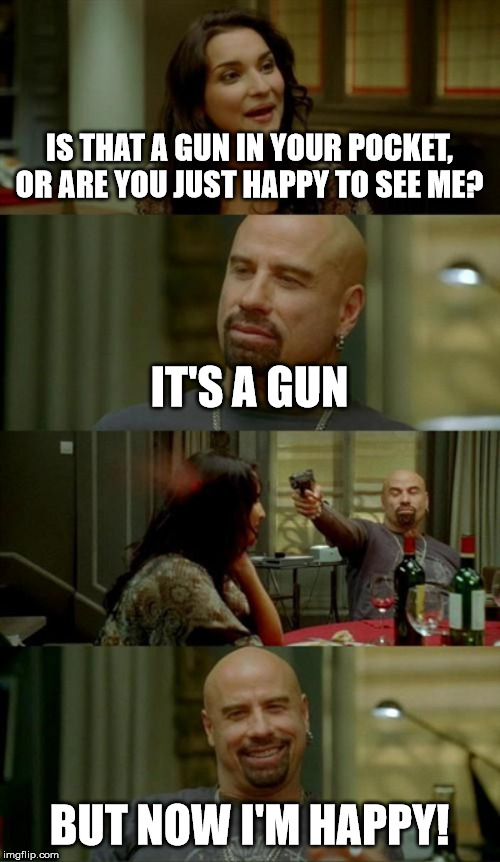 On the other hand, it is a publicly accessible place where filming is allowed if it does not violate the laws of the Russian Federation. An exception is holding events with limited access in public places. Then shooting is allowed only with the permission of the organizers.
On the other hand, it is a publicly accessible place where filming is allowed if it does not violate the laws of the Russian Federation. An exception is holding events with limited access in public places. Then shooting is allowed only with the permission of the organizers.
Is it possible to film a person without his consent
There is no law in Russia that would directly prohibit filming or photographing a person without his consent. However, Art. 152.1 of the Civil Code of the Russian Federation, aimed at protecting the image. The law establishes the need to obtain consent to the publication and use of a photograph, video recording of a person from himself. And if such a citizen has already died at the time of the forthcoming publication, the children (and in their absence, parents) of the deceased must give their permission. Consent is not required only in the following situations:
- The image is used in the state, public interests. For example, as evidence in a trial.

- Photos and videos taken in public places. But only on condition that the filmed person is not the main object on them. For example, you can take and post on the Internet photos from the beach, where various vacationers got into the frame. But you can't intentionally take a picture of one of them and then put the image on the Web.
- If the captured person posed, thereby providing a paid service.
In case of illegal use of an image, all detected media with it are subject to destruction without payment of compensation. But only on the basis of a court decision.
Filming in public places
Filming in a public place and / or during a public event is allowed without agreement on this issue and is completely free. If the law of the Russian Federation does not establish a special status of the object, requiring permission to conduct video filming. The ban on its implementation is possible on the following grounds:
- Video filming hinders the movement of citizens and poses a security threat.
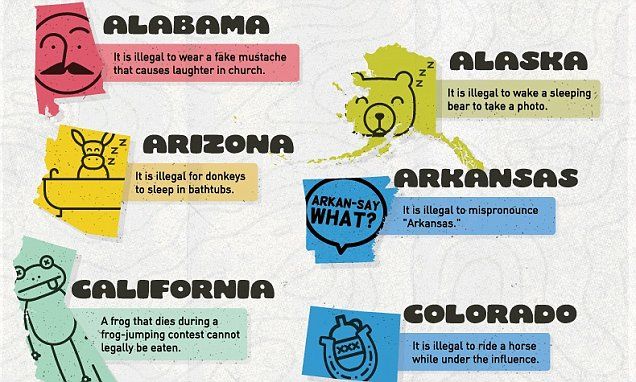
- The footage is directed at one specific person, which is a violation of the right to privacy.
The law does not prohibit making videos with the participation of officials performing direct duties in public places. For example, Article 8 of the Federal Law of the Russian Federation No. 3 (dated 02/07/2011) allows you to film a police officer who stopped to check documents. But in special situations, filming of law enforcement officers is prohibited. For example, during special operations and/or at a specially guarded facility. If a representative of the authorities reports a ban on video filming in a public place, he must refer to a certain legal act. Personal wishes in this matter are not taken into account. Video filming of an official in the office is possible only with his personal permission.
Is photography allowed in the store
In 2021, Government Decree No. 2463 (dated December 31, 2020) came into force, which, with its conditions, amended the Rules for the sale of retail goods. This normative act secured the right to conduct shooting in the store, if it does not violate the current legislation. Any citizen can freely take pictures of goods (including printed publications), price tags, but only in trading floors and other premises with free access. This rule applies to catering establishments, car dealerships, shopping centers. Photography is also allowed for store employees. But it is forbidden to publish recordings without the consent of the filmed persons. Shooting in back rooms with limited access only for employees without the permission of the administration is not allowed. Any attempt to prevent security from filming by reference to internal directives is illegal.
This normative act secured the right to conduct shooting in the store, if it does not violate the current legislation. Any citizen can freely take pictures of goods (including printed publications), price tags, but only in trading floors and other premises with free access. This rule applies to catering establishments, car dealerships, shopping centers. Photography is also allowed for store employees. But it is forbidden to publish recordings without the consent of the filmed persons. Shooting in back rooms with limited access only for employees without the permission of the administration is not allowed. Any attempt to prevent security from filming by reference to internal directives is illegal.
Where you can take pictures
Taking pictures should be subject to the same legal regulations that govern filming. This means that you can take pictures in public places, if this is not a violation of applicable law. Any person can come to the shopping center and take pictures of its interior decoration, the location of the halls, and visitors. Those. You can take pictures on the territory of any object, if special restrictions established at the legislative level do not apply to shooting here.
Those. You can take pictures on the territory of any object, if special restrictions established at the legislative level do not apply to shooting here.
Where photography is not allowed
Several legal acts at once contain information on the prohibition of taking photos and videos in certain places: the APC of the Russian Federation (Article 11), the Code of Civil Procedure of the Russian Federation (Article 10), Law of the Russian Federation No. N 5485-1 (dated 06/21/1993). First of all, it is impossible to film people in any area, premises, if these acts violate their right to privacy, to preserve personal and / or family secrets. In this case, the publicity and media character of the person caught in the frame does not matter. Where you can not take pictures and shoot videos:
- Video filming is prohibited at any Russian Railways facilities if it is intended for commercial use.
- Inside strategically significant facilities (military units, defense plants).

- On the territory of hydroelectric and nuclear power plants. Moreover, it is not forbidden to shoot these objects from the outside. There is only a ban on taking pictures inside.
- In prison, pre-trial detention center, court and other structures of a similar nature. To shoot here, you need to obtain permits.
- At meetings of the State Duma.
- On the territory of customs checkpoints, near the state border, in the offices of the Federal Customs Service.
Filming of any objects that are state secrets is prohibited. Any doubts left? The Znatok Pravo company will provide free legal advice to anyone who needs information about the current laws on filming.
IS IT POSSIBLE TO VIDEO CAMERA OR PHOTOGRAPH A PERSON WITHOUT HIS CONSENT
What are the regulations governing video recording of people? | Law on filming people without their consent
An image of a citizen, and video filming is a fixation of this image by virtue of Art.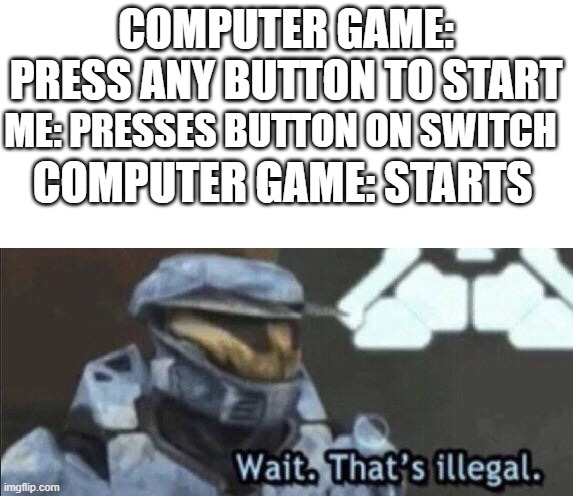 150 of the Civil Code of the Russian Federation (hereinafter referred to as the Civil Code of the Russian Federation) refers to intangible benefits.
150 of the Civil Code of the Russian Federation (hereinafter referred to as the Civil Code of the Russian Federation) refers to intangible benefits.
The protection of the image of a citizen is established by art. 152.1 of the Civil Code of the Russian Federation.
Details and clarifies the norms of the named article of the Civil Code of the Russian Federation, paragraphs 43-49 of the Decree of the Plenum of the Supreme Court of the Russian Federation dated June 23, 2015 No. 25 “On the application by the courts of certain provisions of Section I of Part One of the Civil Code of the Russian Federation”.
Who can be filmed or photographed without their consent and where? | Photo and video fixation of people without their consent
An image of a citizen without his consent can be obtained when shooting, which is carried out in places open to free access, or at public events (meetings, congresses, conferences, concerts, performances, sports competitions and similar events), unless such an image is the main object of use.
Public places mean streets, parks, cafes, restaurants, shopping malls, etc.
And if the situation with video filming and photography is generally clear, then the situation with the publication of these materials is more complicated.
Is it possible to post a photo or video on the Internet without the consent of the person depicted in it? | Posting photos and videos on the Internet without the consent of the people captured on them
Publication means actions that make an image available to the public for the first time by publishing it, publicly displaying it or in any other way, including posting it on the Internet.
That is, it is allowed to take photos and videos of any person in public places. But as a general rule, it is impossible to distribute, publish on the “Internet”, including social networks, photos or videos where the central object is a specific person without the consent of the depicted person.
From which it follows that numerous videos on the Internet with unusually or comically dancing people, without their consent, are illegal from the point of view of the current civil legislation.
But there is an exception to this rule: it is possible to publish a video where the main object is a specific person without his consent, if the use of the image is carried out in the state, public or other public interests.
At the same time, not any interest shown by the audience should be attributed to the public interest, but, for example, the need of society to detect and disclose a threat to a democratic constitutional state and civil society, public safety, and the environment.
Public interest, in particular, may be expressed in the fact that a citizen captured in a photo or video is a public figure (holds a state or municipal position, plays a significant role in public life in the field of politics, economics, art, sports or any other field), and the publication and use of the image is carried out in connection with a political or public discussion, or the interest in this person is of public interest.
At the same time, consent is required if the sole purpose of publishing and using the image of a person is to satisfy the philistine interest in his private life or to make a profit.
Consent is not required for the publication and use of a citizen's image if it is necessary to protect law and order and state security (for example, in connection with the search for citizens, including those who are missing or who are participants in or eyewitnesses of an offense).
Consent to the publication of the image of a citizen is also not required if the person depicted in the photo or video posed for a fee.
For example, the activity of the StopHam social movement to publish videos showing drivers of vehicles violating traffic rules seems legitimate, since such videos are posted in the public interest - to draw attention to the problem of non-compliance with traffic rules by road users and the possible suppression of new similar offenses .
I would also like to draw attention to the fact that the circumstances in which a citizen places his image on the Internet may indicate that such person has expressed consent to the further use of this image, for example, if this is provided for by the terms of use of the site on which the citizen posted such an image.
What are the penalties for posting a photo or video on the Internet with a person who did not consent to it | Responsibility for posting photos and videos on the Internet without the consent of the person imprinted on it
If an image of a citizen, obtained or used in violation of the above rules, is distributed on the Internet, the citizen has the right to demand the removal of this image, as well as the suppression or prohibition of its further distribution.
In this case, the obligation to prove the legitimacy of the publication and use of the image of a citizen lies with the person who carried it out.
That is, a person whose right to protection of an image has been violated has the right to file a lawsuit in court against the person who published his image or organization, a citizen who owns the site, to remove a photo or video with his image.
A person whose image is illegally used has the right to ask the court to oblige the defendant not only to remove the image of the plaintiff posted by the defendant on the Internet without his consent, but also to file a request to prohibit the Respondent from its further distribution.
Claims may also include a claim for compensation for non-pecuniary damage by virtue of Art. 151 of the Civil Code of the Russian Federation, according to which, if a citizen has suffered moral harm (physical or moral suffering) by actions that violate his personal non-property rights, or encroach on other non-material benefits belonging to the citizen, the court may impose on the violator the obligation of monetary compensation for the specified harm. On the issue of compensation for non-pecuniary damage, it is worth noting that the prevailing judicial practice indicates that the courts recover insignificant amounts as compensation for moral damage.
If you need legal assistance in drawing up a statement of claim for the removal of an image of a citizen distributed and used without his consent, as well as the suppression and prohibition of its further distribution and compensation for moral damage caused by the publication and further use of an image of a citizen without his consent, you can contact for qualified legal assistance to a lawyer in civil cases. A lawyer in civil law disputes will help not only prepare the necessary documents for the court, but also represent the interests of the principal in court.
A lawyer in civil law disputes will help not only prepare the necessary documents for the court, but also represent the interests of the principal in court.
Key takeaways: You can or can't film or photograph people without their consent | What threatens for the use of a photo or video without the consent of the person imprinted on it?
To summarize the above material in this article:
- You can film and photograph any person in a public place.
- It is possible to make public, including posting on the Internet, photos and videos without the consent of the citizen imprinted on it:
- if the captured face is not the central subject;
- photo or video recording of a person was carried out for a fee;
- posting a photo or video is in the public interest;
- You can use photos and videos with the participation of a citizen, if such material was posted by this person on the site personally and the user agreement of this site provides for the possibility of further use.

Learn more

